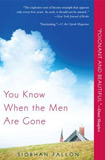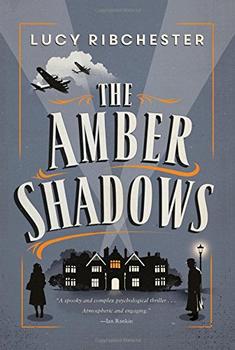Summary | Excerpt | Reading Guide | Reviews | Beyond the book | Read-Alikes | Genres & Themes | Author Bio

Reminiscent of Raymond Carver and Tim O'Brien, an unforgettable collection of interconnected short stories.
In Fort Hood housing, like all army housing, you get used to hearing through the walls... You learn too much. And you learn to move quietly through your own small domain. You also know when the men are gone. No more boots stomping above, no more football games turned up too high, and, best of all, no more front doors slamming before dawn as they trudge out for their early formation, sneakers on metal stairs, cars starting, shouts to the windows above to throw them down their gloves on cold desert mornings. Babies still cry, telephones ring, Saturday morning cartoons screech, but without the men, there is a sense of muted silence, a sense of muted life.
There is an army of women waiting for their men to return in Fort Hood, Texas. Through a series of loosely interconnected stories, Siobhan Fallon takes readers onto the base, inside the homes, into the marriages and families-intimate places not seen in newspaper articles or politicians' speeches.
When you leave Fort Hood, the sign above the gate warns, You've Survived the War, Now Survive the Homecoming. It is eerily prescient.
For many years, Tim O'Brien's collection of short stories, The Things They Carried, has been required reading for those who want to really understand the human cost of the Vietnam War. In You Know When the Men Are Gone, Siobhan Fallon has done the same thing for our current conflict, showing readers the human faces and hidden dramas of war...continued
Full Review
(476 words)
This review is available to non-members for a limited time. For full access,
become a member today.
(Reviewed by Norah Piehl).
If you've never been on a military base, you might be surprised, upon reading You Know When the Men Are Gone, at just how extensive Fort Hood, Texas, is. It's a small city unto itself, complete with all the services and conveniences that mean its residents never really have to leave if they don't want to. As Siobhan Fallon illustrates in her novel, different inhabitants have different reasons for embracing Fort Hood's insularity - or rejecting it.
Here are some quick facts about Fort Hood, the place Siobhan Fallon's characters call home, whether they like it or not:
Area: 340 square miles (by comparison, Manhattan Island is 23 square miles)
Date Permanently Established: 1951
Nearest Town: Killeen, TX
...
This "beyond the book" feature is available to non-members for a limited time. Join today for full access.

If you liked You Know When the Men Are Gone, try these:

by Lucy Ribchester
Published 2017
During the dangerous days of World War II, Honey Deschamps is spending her days transcribing decrypted messages at Bletchley Park, when she starts to receive bizarrely coded packages. When everyone is keeping secrets, who can you trust?

by Robert Oldshue
Published 2016
In upstate New York, a November storm is one that comes early in the season. If it catches people off-guard, it can change them in the ways Oldshue's characters are changed by different but equally surprising storms.
People who bite the hand that feeds them usually lick the boot that kicks them
Click Here to find out who said this, as well as discovering other famous literary quotes!